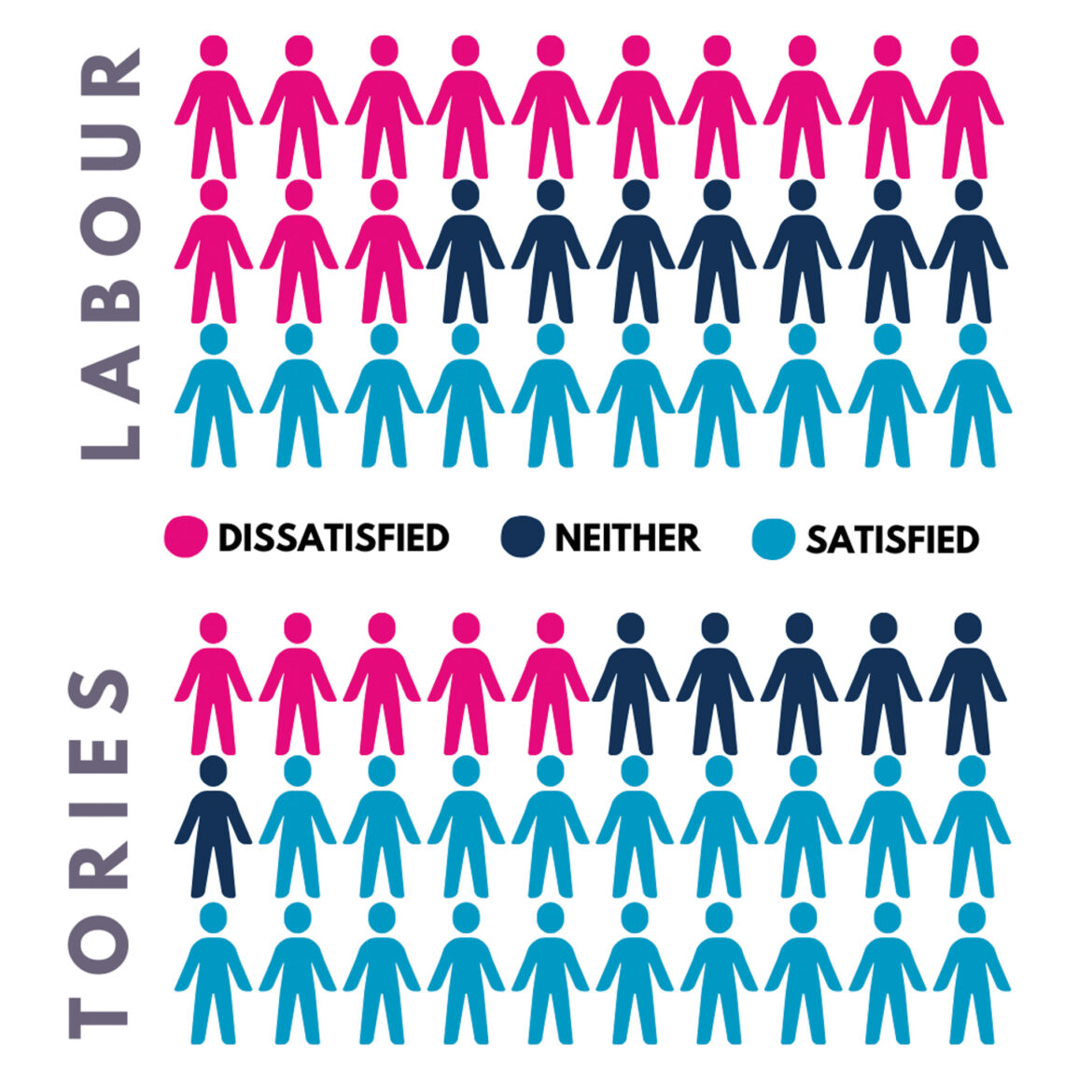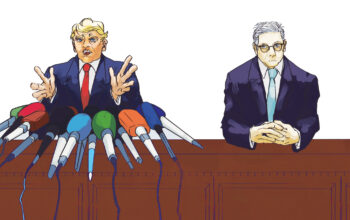Graphic By: Chloe Mai
The United Kingdom: After 14 years of a conservative majority in the United Kingdom parliament, the Labour government has been reinstated to deal with increasing worries about the cost-of-living crisis, climate
change, immigration, and healthcare.
The UK general election held on July 4th marked a significant moment in British politics, with the Labour Party and the Conservative Party (a.k.a. Tories) emerging as the dominant forces. The Labour Party, led by Keir Starmer, capitalized on widespread discontent over economic issues, climate change, and public service. The Tories lost a lot of support over their failure to address the latter in the last 14 years.
The Tories, led by Rishi Sunak, faced significant challenges. The party’s support had dropped to around 30%, reflecting growing apathy among traditional Conservative voters. Issues such as inflation and economic mismanagement were the main concerns regarding the Tories’ policies. The British Broadcasting Corporation wrote, “The Tories’ messaging struggled to combat the narrative that they failed to address pressing national concerns.” Mainly, the working-class voters thought that the Tories were disconnected from the general public regarding the economy.
Labour’s campaign platform focused on tackling the UK’s cost-of-living crisis, reforming the National Health Service, and addressing the harmful nature of fossil fuels by investing heavily in green technologies. According to The Guardian, Labour secured 33.8% of the vote, resulting in a strong majority in the House of Commons.
The parliamentary election results highlighted a broader trend of political realignment to the center-left in the UK, with Labour gaining ground in local areas previously considered Conservative strongholds. The Independent highlighted that younger voters showed strong support for Labour, motivated by issues such as climate action, economic opportunity and social justice.
Germany: In the heart of continental Europe, Germany had critical elections in the states of Bradenburg,
Saxony, and Thuringia. These elections marked a rightward turn in the German political landscape. Alternative für Deutschland (AfD), led by Alice Weidal, the far-right party in Germany, made historic gains.
AfD campaigns mainly on the issues of Muslim immigration into Germany. The AfD describes itself as “both liberal and conservative,’ with an emphasis on protecting sovereignty, Western identity, and German culture,
for a peaceful, democratic and sovereign nation state of the German people.”
However, they are perceived as a far right party due to their hard opposition to non-European
immigration and to government action on climate change. The main party opposing AfD is the Christian Democratic Union (CDU). Gaining a lot of recognition after the reunification of West and East Germany, the
CDU is a center right party that has been the most popular among Germans since the 1990s.
Unlike a lot of evangelical political groups in America, the CDU uses its Christian platform to advocate for tolerance, social justice, and economic opportunity. They are Pro-European Union and support legal immigration from non-European countries, this being the main difference between them and AfD.
For the first time since the 1940s, a far-right party won an electionin Germany. In the East German
state of Thuringia, AfD won 32.8% of the vote, resulting in 32 seats won in the Bundestag (Parliament). In Brandenburg and Saxony, AfD won 30 and 40 seats respectively.
The results of the elections showcase a divide between Germans. Primarily in the former Soviet-aligned states of East Germany, support for AfD is heavily prevalent as the citizens are more conservative in reaction to their past experiences under communism.
Alternatively, West Germans typically lean more left in comparison to AfD, although many still consider themselves conservative. These elections mark a very important time in the political history of Germany. It shows a gradual buildup of support for the alt-right in Germany. German citizens are raising their concern with immigration in the last twenty years primarily from Syria, Afghanistan, and Turkey.
Follow The Roosevelt News on Instagram @therhsnews. Questions, comments, or concerns? Contact the Editorial Board at therooseveltnews@gmail.com.
Your voice matters. Share your thoughts and experiences in the comment box below.



